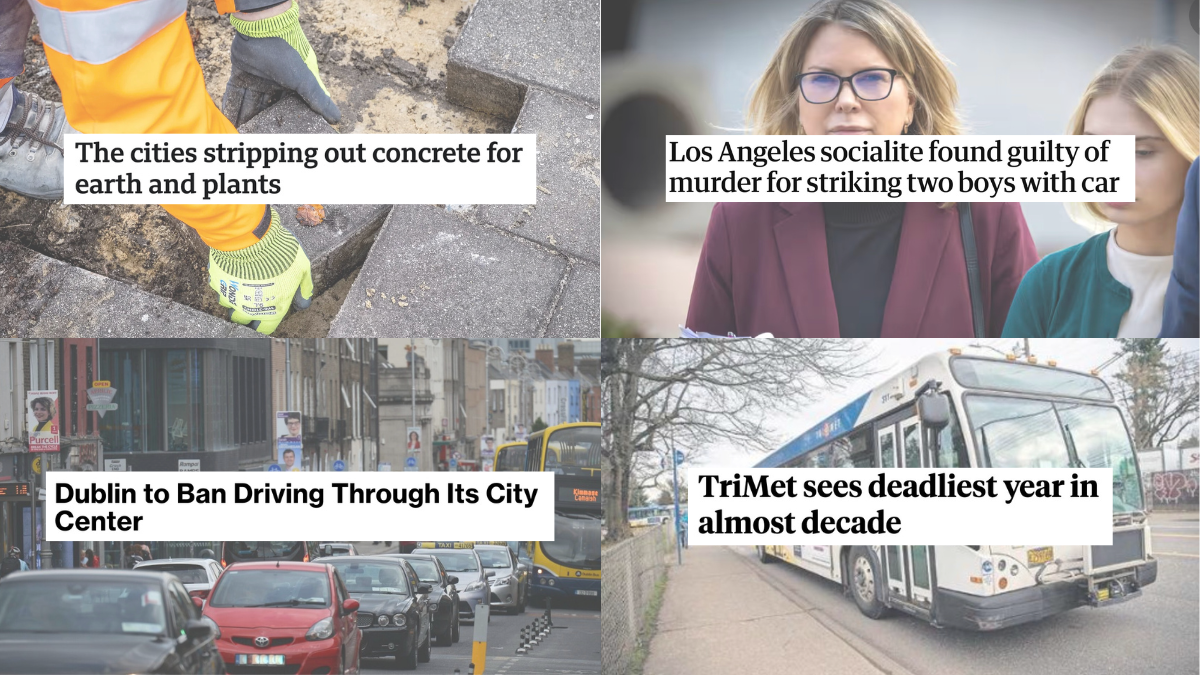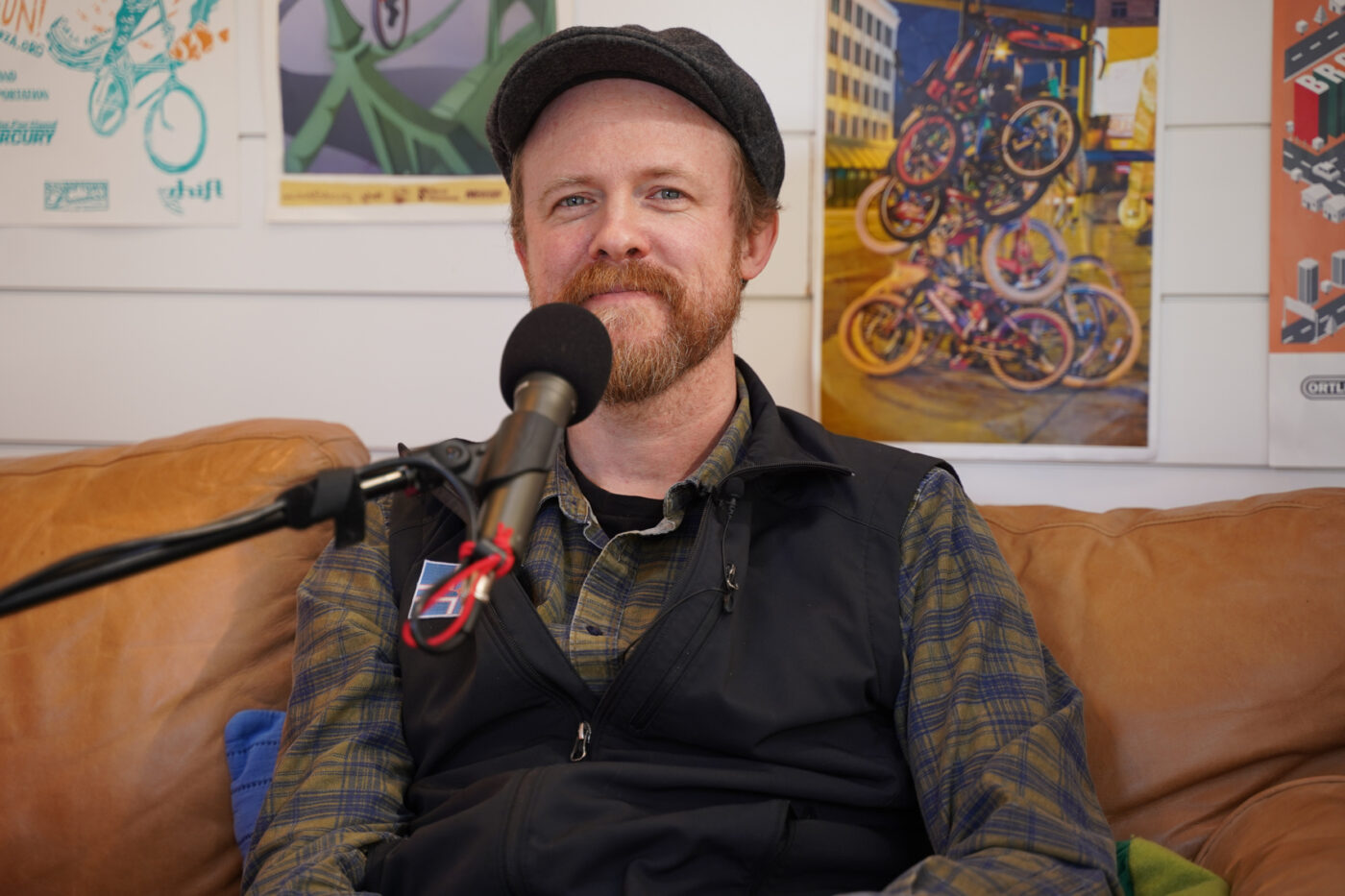“The speeds which people turn here is appalling.”
– Sarah Heckles, Hygiene 4 All
One man is dead and another man has been arrested after a collision between a driver and a bicycle rider around 3:00 am Sunday morning.
According to the Portland Police Bureau, 22-year-old Shane M. McKeever was either driving southbound on Southeast Martin Luther King Jr. Blvd and then turned left onto SE Belmont, or he approached from the west and crossed MLK. As he drove eastbound on Belmont, McKeever allegedly struck 49-year-old David Bentley. The Oregonian has reported that Bentley was sitting on his bike with his back to the road prior to the collision (a report by KOIN TV said Bentley was in the bike lane when it happened). One witness told The Oregonian that, “a car came flying through.” The impact reportedly threw Bentley’s body 40-50 feet in the air.
McKeever initially fled and police say someone shot at his vehicle. He tried to run, but was captured by locals who witnessed the crash. He is now charged with Manslaughter in the First Degree and Reckless Driving. (The Oregonian reports that McKeever is currently on probation for a fourth-degree assault conviction from 2022 in Benton County.)
Given the sharp corner, the damage to the car’s hood, and the estimated location of where this happened, McKeever must have been traveling at a high rate of speed. MLK Jr Blvd is a PBOT-managed highway (99E) with a 30 mph speed limit. Belmont, where the collision occurred, has a 20 mph speed limit. Photos from the scene show that an encampment of people living on and around the sidewalk was spilling precariously into the traffic lanes.
The cross-section on SE Belmont includes one general travel lane and one bike lane eastbound. The bike lane has a buffer stripe. According to Google Maps, it was installed sometime between late 2017 and mid-2018.

Sarah Heckles is a volunteer with Hygiene 4 All, a homeless services provider based right around the corner, told BikePortland she lives nearby and often walks to work down this exact stretch of SE Belmont. Heckles knew Bentley, who was known on the street as “Dino.”
“When I work a shift at this location, I park in the lot where the suspect’s car was found and walk the same stretch where Dino was killed,” Heckles shared. “It’s super dangerous! I really dread walking this short stretch,” Here’s more from Heckles about the conditions:
“I often need to throw my hand up in the air to catch some attention from cars turning left off MLK to Belmont. The speeds which people turn here is appalling. It’s also a blind turn. It’s so dangerous and this is during the daytime typically. The entrance for our patrons is from MLK, so there is a lot of foot traffic when we are open.”
Heckles said she and her co-workers at Hygiene 4 All are “devastated” and are eager to push for safety improvements in the area.
Two years ago, Portland Mayor Ted Wheeler instituted a ban on street camping along high crash corridors. The move came after the dual crises of dangerous driving and homelessness combined to kill 19 homeless Portlanders in 2021. According to Multnomah County, people who live outside are 45 times more likely to be killed in a traffic crash than the general population.
The location where Bentley was hit and killed Sunday is a spot well-known for camping. In an older Google Streetview image you can see “No Camping” signs posted and a chain-link fence erected to prevent access under the viaducts. Campers have come anyways, and with the fence doing its job, their tents, possessions —and everyday lives — are pushed onto the sidewalk and street.
Portland State University researchers have studied this issue in recent years. A report they released in 2022 recommended a focus on safer infrastructure and more shelters to help prevent these tragedies from happening.
Bentley is the 14th fatal traffic crash victim so far this year.
Below: KOIN TV news story about the crash that aired late Sunday night:
UPDATE, 2/27: The Oregonian reports that the driver was in a stolen car and that he allegedly struck Bentley on purpose.

















